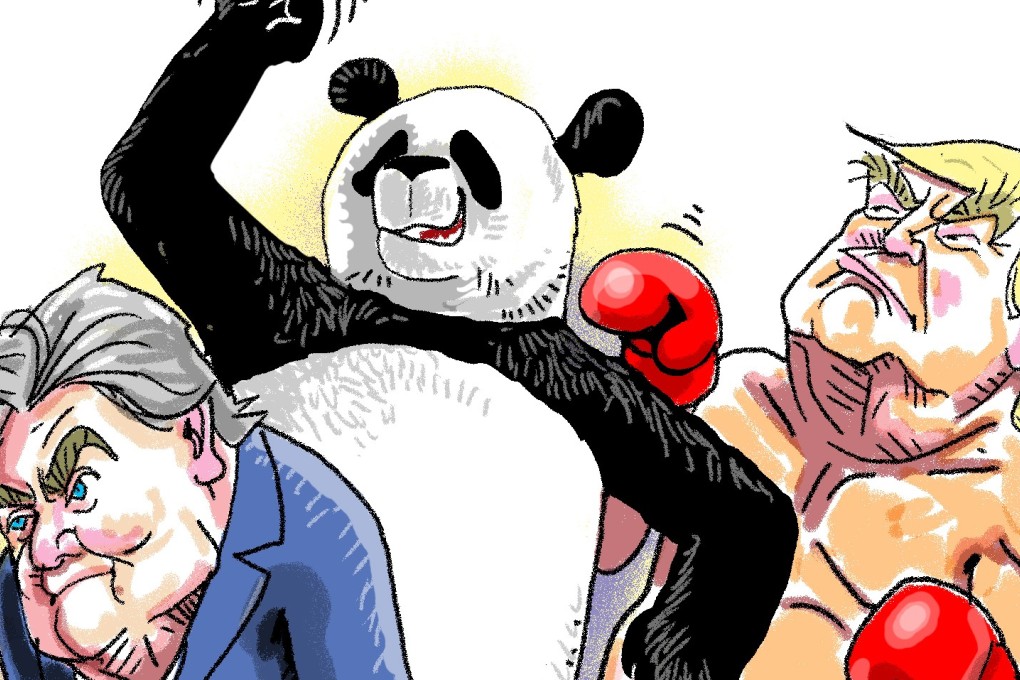Why China should mourn, not cheer, the exit of Steve Bannon and Trump’s ‘America first’ policy
Zhang Baohui says the isolationism of the Trump-Bannon team left a leadership void that saw China rise to the occasion. But with US establishment-types now likely to be pushing for global primacy, prime rival China is sure to feel the heat


In the interview, Bannon claimed: “The economic war with China is everything. And we have to be maniacally focused on that. If we continue to lose it, we’re five years away, I think, 10 years at most, of hitting an inflection point from which we’ll never be able to recover.”
Watch: US engaged in ‘economic war’ with China
With a trade war looming, Bannon’s surprise resignation last Friday should be welcomed by the Chinese. After all, he is the chief architect of Trump’s nationalist economic strategy. The Chinese elation was reflected in a Global Times editorial on August 19, titled, “Bannon’s China Agenda should leave the White House”.